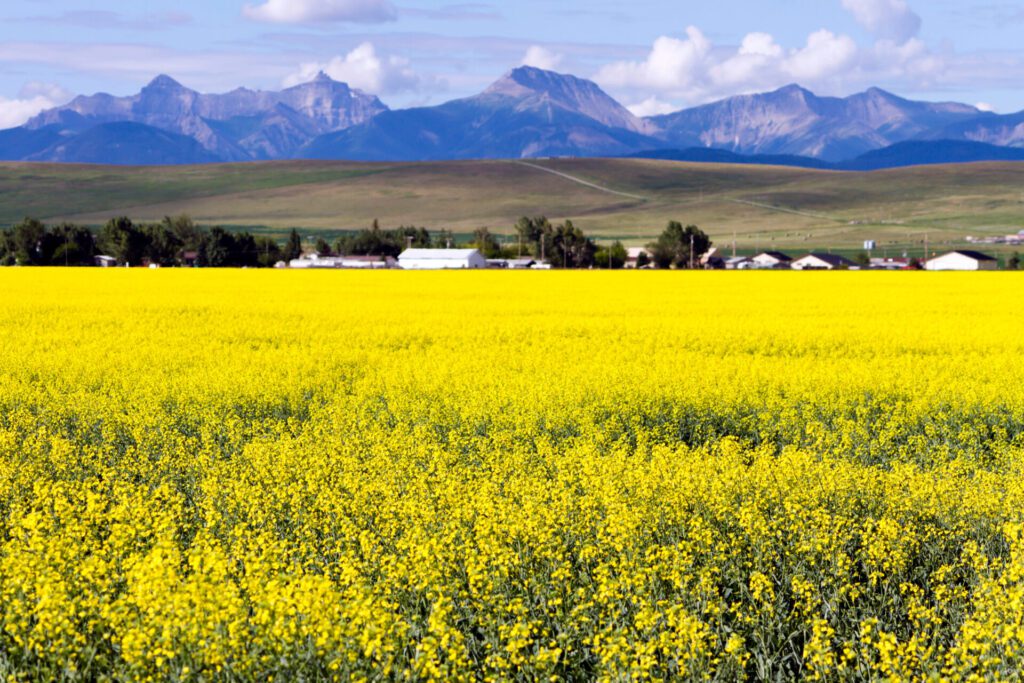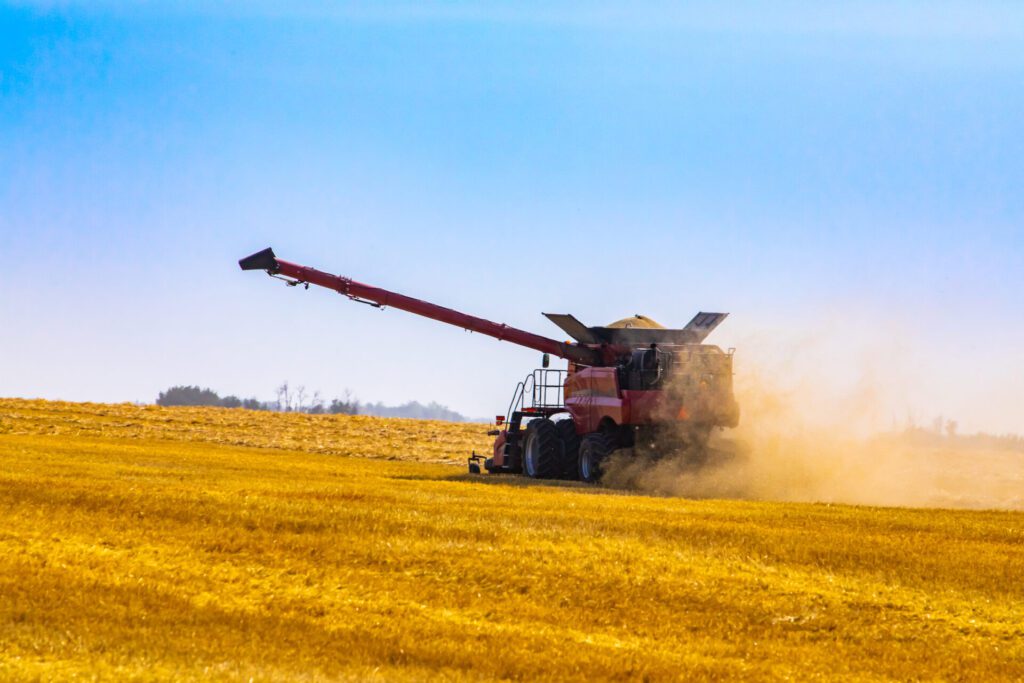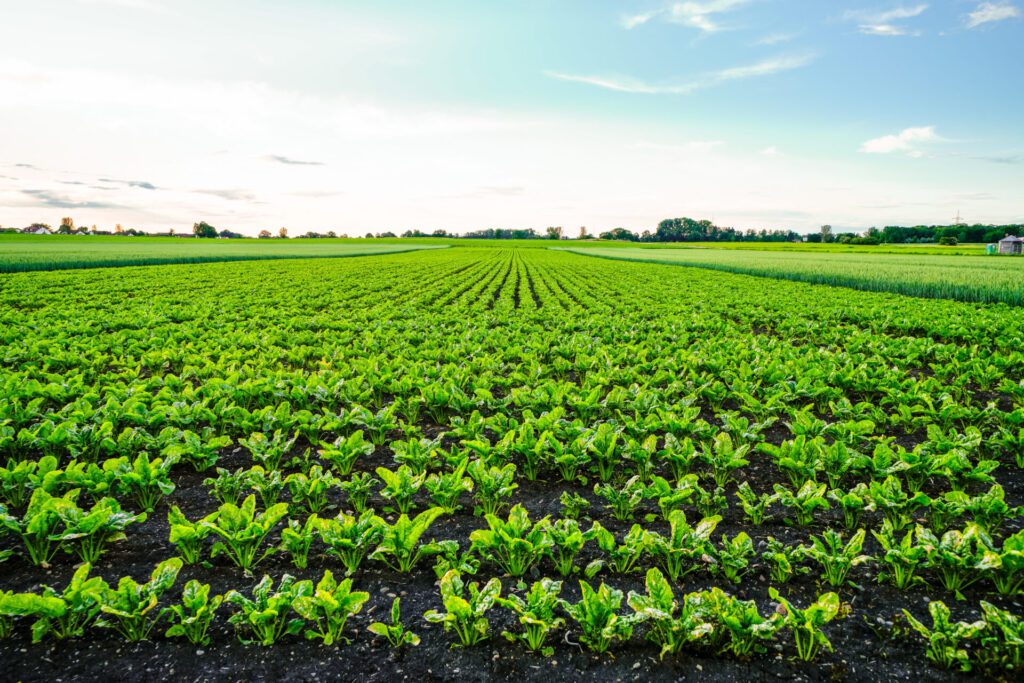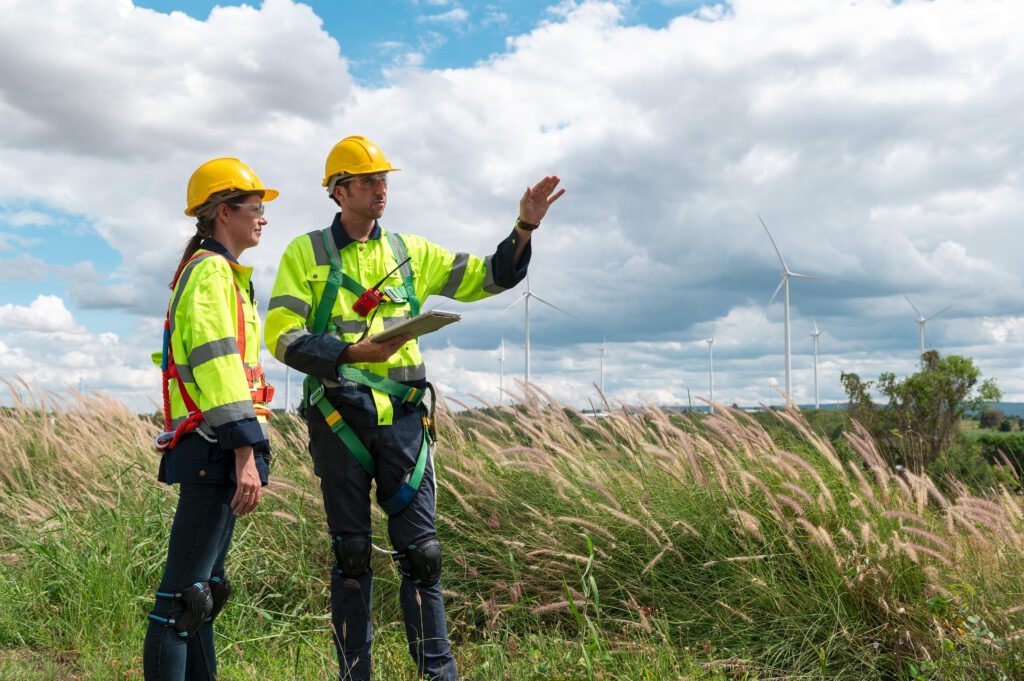As a farmland owner in Alberta, understanding the land appraisal process is essential when determining the value of your property. Whether you are selling, buying, developing, or simply evaluating your assets, a professional land appraiser ensures you have an accurate understanding of your Alberta farmland’s worth. In this guide, we’ll walk you through everything you need to know to get a comprehensive appraisal.
Selecting the Right Land Appraiser

When seeking a land appraisal, choosing a qualified and experienced land appraiser is crucial. Not all appraisers specialize in agricultural or commercial land, so it’s important to find a professional who understands the unique factors that affect farmland in Alberta.
Key Factors to Consider:
- Certifications: Ensure the land appraiser is licensed and accredited by relevant professional bodies in Alberta.
- Specialization: Look for appraisers who specialize in commercial land appraisal, specifically for agricultural and farmland properties.
- Local Experience: Alberta has distinct agricultural characteristics, so finding a land appraiser familiar with farmland in Alberta ensures more accurate valuations.
- References and Reviews: Ask for client testimonials or reviews from previous land appraisals to gauge their expertise and reliability.
Choosing the right land appraiser is the first step in ensuring that your farmland is valued appropriately and that you can trust the appraisal report.
Why Choose PropertyDNA for Your Alberta Farmland Appraisal?

At PropertyDNA, we understand the intricacies of Alberta farmland and how to assess it accurately. Our team of certified land appraisers has extensive experience in agricultural and commercial land appraisal, ensuring that your property is appraised with precision and insight.
With PropertyDNA, you receive:
- Expert Local Knowledge: We know Alberta’s farmland, from soil productivity to market trends.
- Tailored Appraisals: Our land appraisals are customized to reflect the unique attributes of your farmland.
- Comprehensive Reports: We provide clear and detailed reports that you can use for sales, development, or financial planning.
Partner with PropertyDNA and trust that your farmland’s true value will be accurately represented.
Preparing for the Appraisal
 A smooth and thorough land appraisal begins with preparation. The more organized and comprehensive your documents are, the easier it will be for the land appraiser to conduct an accurate evaluation.
A smooth and thorough land appraisal begins with preparation. The more organized and comprehensive your documents are, the easier it will be for the land appraiser to conduct an accurate evaluation.
Documents and Information to Prepare:
- Title Deeds: Ensure all ownership documentation is up to date.
- Land Surveys: If you have recent surveys, provide them to the appraiser. This will include details on boundaries, soil types, and any structures on the land.
- Farm Income Statements: If the land is actively farmed, providing income and expense statements helps in determining its productivity and financial value.
- Historical Data: Include records of crop yields, water rights, and other relevant agricultural data to help appraisers determine the productive value of the farmland.
Being prepared will make the land appraisal process more efficient and yield a more accurate assessment of your Alberta farmland’s value.
Following Alberta Farmland Property Assessment Guidelines
Appraising farmland in Alberta must adhere to the Property Assessment Minister’s Guidelines. These guidelines ensure that land appraisals are consistent, fair, and reflective of current market conditions.
Important Aspects of the Guidelines:
- Classification of Land Use: Alberta classifies farmland based on its use, such as crop production, livestock, or mixed-use. The classification directly influences the appraisal value.
- Soil Quality and Productivity: Alberta’s guidelines consider the soil’s agricultural productivity, which impacts the land’s market value. Higher productivity land is generally more valuable.
- Market Data: The land appraiser will look at comparable farmland sales in the region to determine the market value. This data is essential for aligning the farmland’s value with current market trends.
By following these guidelines, the land appraiser ensures that the appraisal is both accurate and compliant with Alberta’s regulatory framework, allowing for a fair valuation of your Alberta farmland.
Interpreting Your Farmland Appraisal Report
Once the land appraisal is completed, you will receive a report outlining the appraiser’s findings. This document is key to understanding the current and potential value of your land.
Key Sections to Review:
- Valuation Methods: The appraiser may use different approaches such as the income approach, direct comparison, or cost method. Understanding which method was used will help you comprehend the logic behind the valuation.
- Market Trends: The appraisal report will include information on local market conditions and trends that affect farmland in Alberta’s prices. Reviewing these trends can help you decide on future land use or sale strategies.
- Improvements and Recommendations: If there are areas where your land can increase in value—such as soil quality enhancements or infrastructural improvements—these recommendations may be outlined in the report.
Understanding your land appraisal report empowers you to make informed decisions regarding the management or sale of your Alberta farmland.






